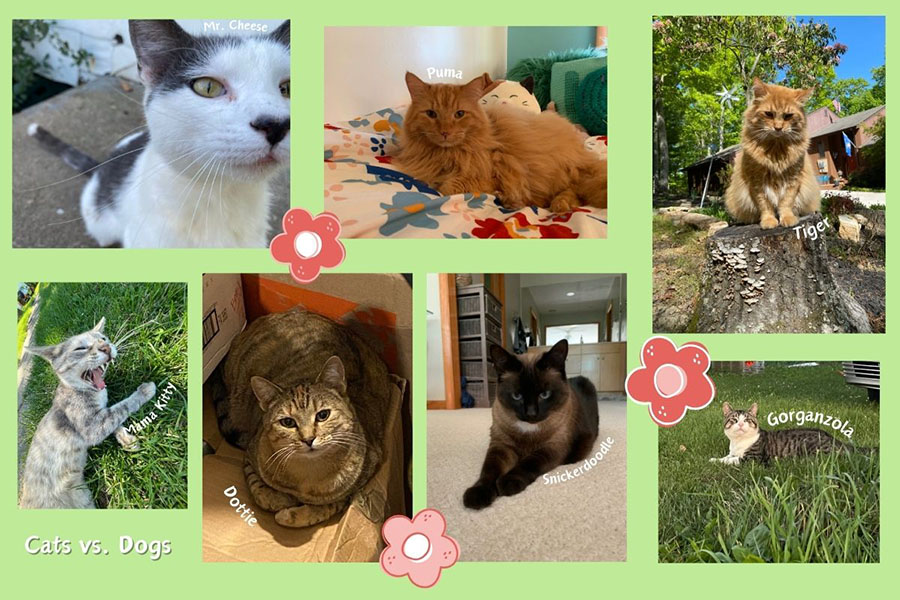I’m beginning to learn that sometimes in life, no matter how ridiculous or incomprehensible I find something, there will always be opposition. There will always be a group of people out there that disagree with me.
That’s fine. Variety is the spice of life, right?
There’s a new country song – well, kind of country—that was just released about a week ago and immediately made headlines. When I first heard it, my jaw dropped. I shook my head throughout the entire song and probably for a few minutes after it ended.
I grew up in a small, rural town in northern Wisconsin. Up there, 75 percent of the radio stations play exclusively country. It’s home to one of the largest country music festivals in the country, and the people there are damn proud of it. It’s unavoidable. It’s stitched in the very culture of the town. Which is why I can say with great confidence, I will land on the other side of the fence of public opinion concerning this particular song.
“I’m just a white man comin’ to you from the Southland, tryin’ to understand what it’s like not to be.”
That’s a line from the second verse of Brad Paisley’s new song “Accidental Racist.” The point of Paisley’s new song is to communicate to black America that just because he waves confederate flags and sings country music doesn’t mean he’s a racist.
The entire first verse talks about a time when Paisley walked into a Starbucks wearing a shirt with a confederate flag on it. He sings his concern that the black employee at the coffee shop may have thought he was a racist and he hoped that wasn’t so.
That’s great that Brad Paisley isn’t a racist. What a stand-up guy. He just wants to wave his confederate flag and let people know that he doesn’t mean it in an offensive manner.
He even got his buddy LL Cool J to lay down a couple verses on the track.
“Now my chains are gold but I’m still misunderstood. I wasn’t there when Sherman’s March turned the south into firewood.”
So that settles it then. LL says it’s all good, so that’s the end of it. A country star and a rapper have solved racism between the two brands.
Wrong. This song is ridiculously offensive and insensitive. I know ladies love Cool J, but last time I checked, he grew up in New York. I don’t think there are many confederate flags being waved around there. How could he possibly understand what it’s like for a black person to grow up in the south where that flag isn’t just flown by country singers like Paisley? It’s a symbol of a time when the south fought to preserve their right to own slaves. Whether Paisley likes it or not, it will always hold that connotation. That’s what makes this song so insulting.
If the country singer wants to improve race relations between his southern, Nashville brand, and the hip hop community, he should try speaking out on the issues instead of writing a song about what his t-shirts mean. He should use the platform he has to denounce racism instead of preaching that he’s so terribly misunderstood. And most of all, he should stop waving his
confederate flag.
But that’s my opinion. I know there’s an entire group of people out there that will be behind this song from the very first time they hear it. They’ve been fans since “Alcohol” and “Mud on the Tires.”
Everyone has their own opinion and they’re entitled to it. I just hope in this case, my opposition will at the very least cling to the few positive messages in “Accidental Racist” instead of treating it like an excuse to wave those flags even higher.
Maybe LL said it best all along.
“RIP Robert E. Lee but I’ve gotta thank Abraham Lincoln for freeing me, know what I mean.”
Then again, maybe not.






